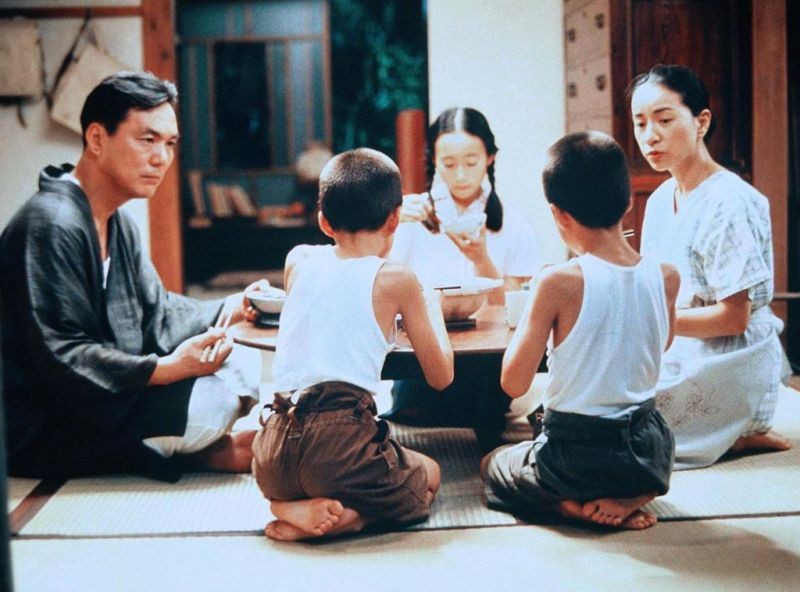
Eno nakano bokuno mura (Video)
Village of Dreams (USA)My Rating:
/10
Photos (3)
Tells of the childhood of two nine-year-old twins in a rural village in Japan after World War 2. Includes the boys relationships with their schoolteacher mother, civil servant father, elderly landlord, a rough new boy at the school, and three mysterious spirits in the form of old women. - IMDb
| Rating | Percentage % | Votes |
|---|---|---|
| 10 | 33% | 5 |
| 9 | 7% | 1 |
| 8 | 7% | 1 |
| 7 | 0% | 0 |
| 6 | 20% | 3 |
| 5 | 13% | 2 |
| 4 | 7% | 1 |
| 3 | 0% | 0 |
| 2 | 0% | 0 |
| 1 | 13% | 2 |
| 15 |
| Aldeia dos Meus Sonhos |  Brazil Brazil |
| Das Dorf meiner Träume |  West Germany West Germany |
| Drömmarnas by |  Sweden Sweden |
| Pueblo de sueños |  Argentina Argentina |
| Unelmien kylä |  Finland Finland |
| Le village de mes rêves |  France France |
| Village of Dreams |  USA USA |
| Wioska pelna snów |  Poland Poland |
| 絵の中のぼくの村 |  Japan Japan |
Children's Cast:
 |
Keigo Matsuyama | Seizo Tashima |
 |
Shogo Matsuyama | Yukihiko Tashima |
User Commentaries:
|
|
tompannerman
 30 Jan 2013, 17:54 30 Jan 2013, 17:54
Considering what the Japanese people have had to tolerate over the past six decades or so; including the aftermath of WW2, the period between then and now has proven their worth when it comes to cinematography. This film: recalling an historic period of childhood in a struggling country, is a wonderful evocation of striving to make the most out of what was available to them at the time. It is all to do with memories and brotherly love, beginning when they were young, innocent and utterly charming, despite the odd moment of inevitable mischievousness and squabbling. (The riverbank scene with them whacking each other with a small cane is understandably amusing, despite their genuine suffering) But, boys will be boys, as the apt saying goes. This is a factual story about growing up and making a success of their lives, and can only be recognised and respected as such. As one of the brothers stated in later life: ‘They were days of irreplaceable value’. It is a lovely, lovely film from beginning to end, and the two little boys are a delight to behold. The music is more in tune with Medieval England, but it fits in well.... more Rating: 10/10 |









